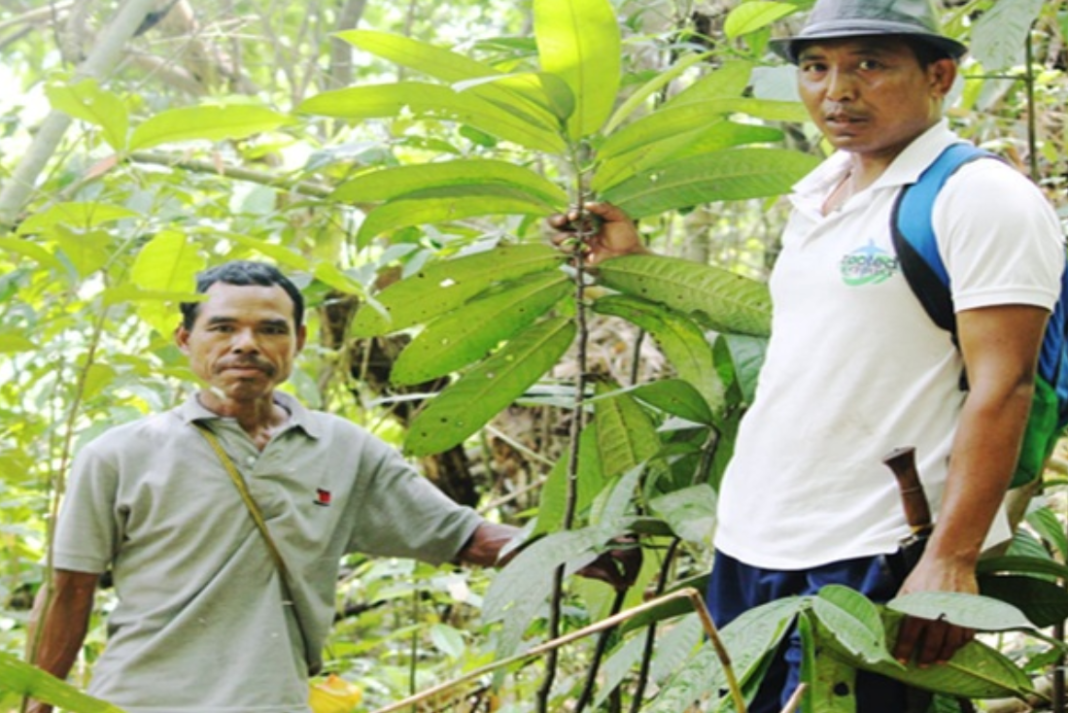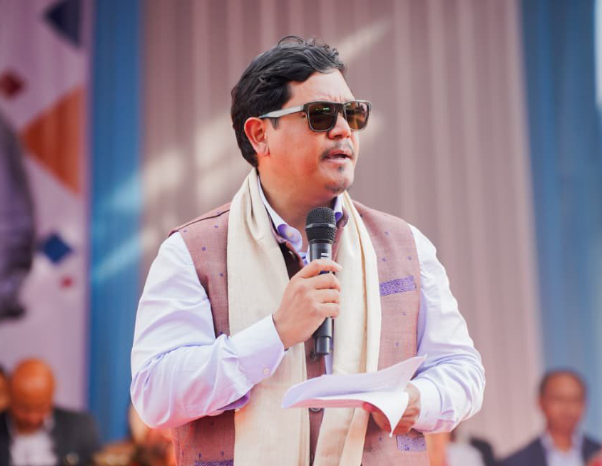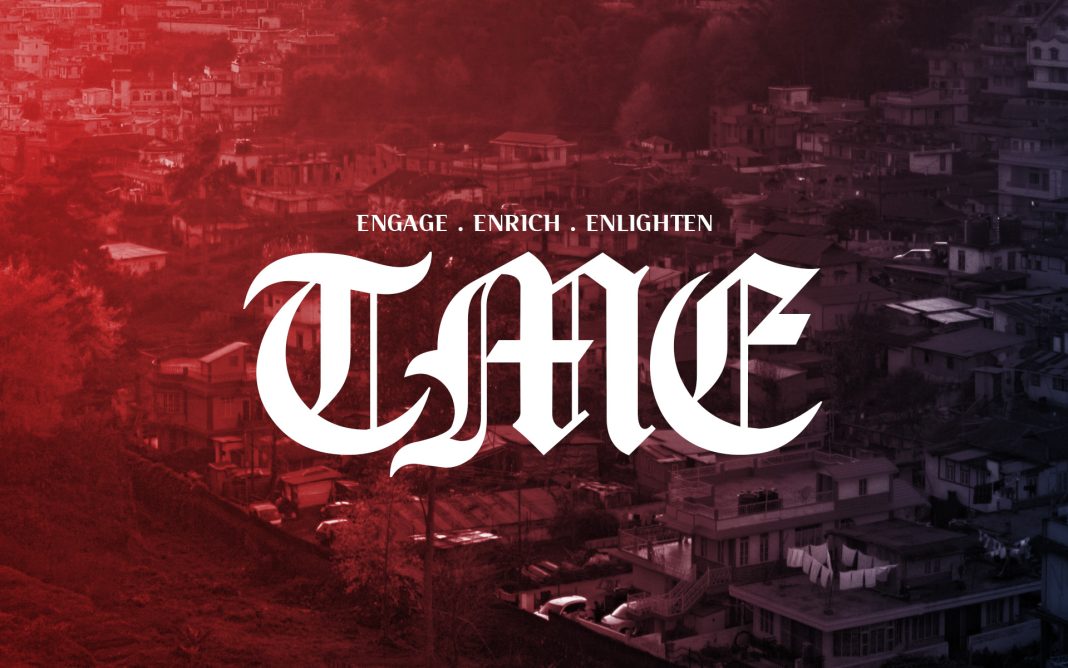Guwahati, Nov 10: The potent pharmacological potential of an endangered and endemic medicinal plant Goniothalamus simonsii Hook. f. Thoms., found only in select forest patches of Meghalaya, has been uncovered in a recent study.
The study has offered the first comprehensive biochemical and pharmacological profiling of G. simonsii, validating centuries of traditional knowledge while opening a promising new frontier in natural drug discovery.
Long used by indigenous communities for ailments such as malaria, typhoid, and gastrointestinal disorders, this elusive plant had never been scientifically examined — until now.
Conducted by researchers from Nagaland University and Assam Down Town University, the study was published in Chemistry and Biodiversity (October 2025).
Led by Dr Mayur Mausoom Phukan, Assistant Professor at the Department of Forestry, Nagaland University, the research team employed advanced analytical chemistry and molecular docking techniques to map the plant’s bioactive compounds.
The results are striking — G. simonsii contains multiple phytochemicals with antioxidant, antimicrobial, anti-inflammatory, and anticancer properties, including compounds that showed strong antiproliferative effects against colon cancer cells in laboratory tests.
“Our findings reaffirm that India’s biodiversity is a living pharmacy,” said Dr. Phukan. “Goniothalamus simonsii demonstrates how traditional herbal wisdom can lead us to discover new therapeutic molecules, especially at a time when antibiotic resistance and the side effects of synthetic drugs are growing concerns.”
Using computational modelling, the team demonstrated how certain compounds from the plant interact with cancer-related protein targets, potentially paving the way for developing nature-derived anti-cancer agents. The study also provides a scientific foundation for the plant’s traditional use by indigenous healers, bridging ethnobotany with molecular science.
The researchers warn, however, that G. simonsii’s very survival is at stake. Listed as ‘Endangered’ by the IUCN, the plant’s natural population has sharply declined due to deforestation, habitat loss, and a lack of awareness about its medicinal value.
“What makes this discovery even more significant is its urgency,” said Samson Rosly Sangma, the study’s first author and a research scholar at Nagaland University. “Goniothalamus simonsii now exists in only a handful of forest pockets in Meghalaya. Without conservation action, we risk losing not just a species — but a potential cure.”
The study urges both scientific and community-led conservation efforts, emphasizing sustainable harvesting, in-situ protection, and cultivation programs to preserve this valuable species.
The interdisciplinary project brought together expertise from Nagaland University’s Departments of Forestry and Zoology, and Assam Down Town University’s Department of Biotechnology. Co-authors include Dr. Dhrubajyoti Gogoi, Dr. Pranay Punj Pankaj, and Ms. Vahshi Chongloi, alongside Dr. Phukan and Mr. Sangma.
“This research underscores the Northeast’s role as a living laboratory of biodiversity,” said Prof. Jagadish K. Patnaik, Vice-Chancellor of Nagaland University. “Through partnerships like this, we are not only validating indigenous medicinal traditions but also contributing to sustainable bioeconomy and regional innovation.”
The team plans to extend its work through in vivo and clinical studies to confirm the plant’s efficacy and safety. These future studies aim to translate laboratory findings into practical phytopharmaceutical formulations, contributing to the global search for affordable, nature-based healthcare solutions.
Beyond its immediate medicinal promise, the study is a model for how local biodiversity can drive global innovation — by combining traditional knowledge, modern biotechnology, and conservation science.
“When science listens to nature, innovation becomes sustainable,” said Dr. Phukan. “This discovery is a reminder that our forests may still hold answers to some of modern medicine’s toughest challenges.”




